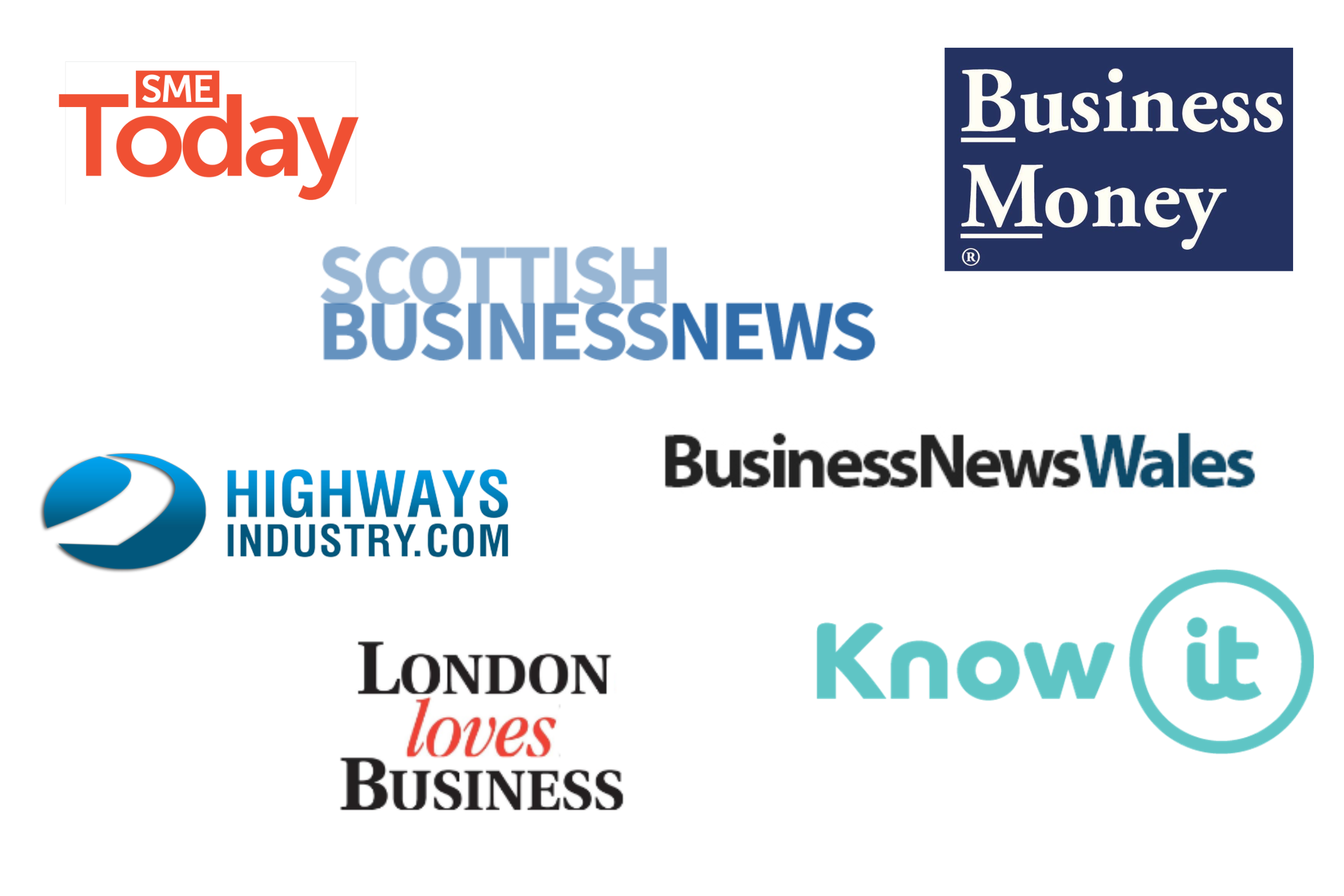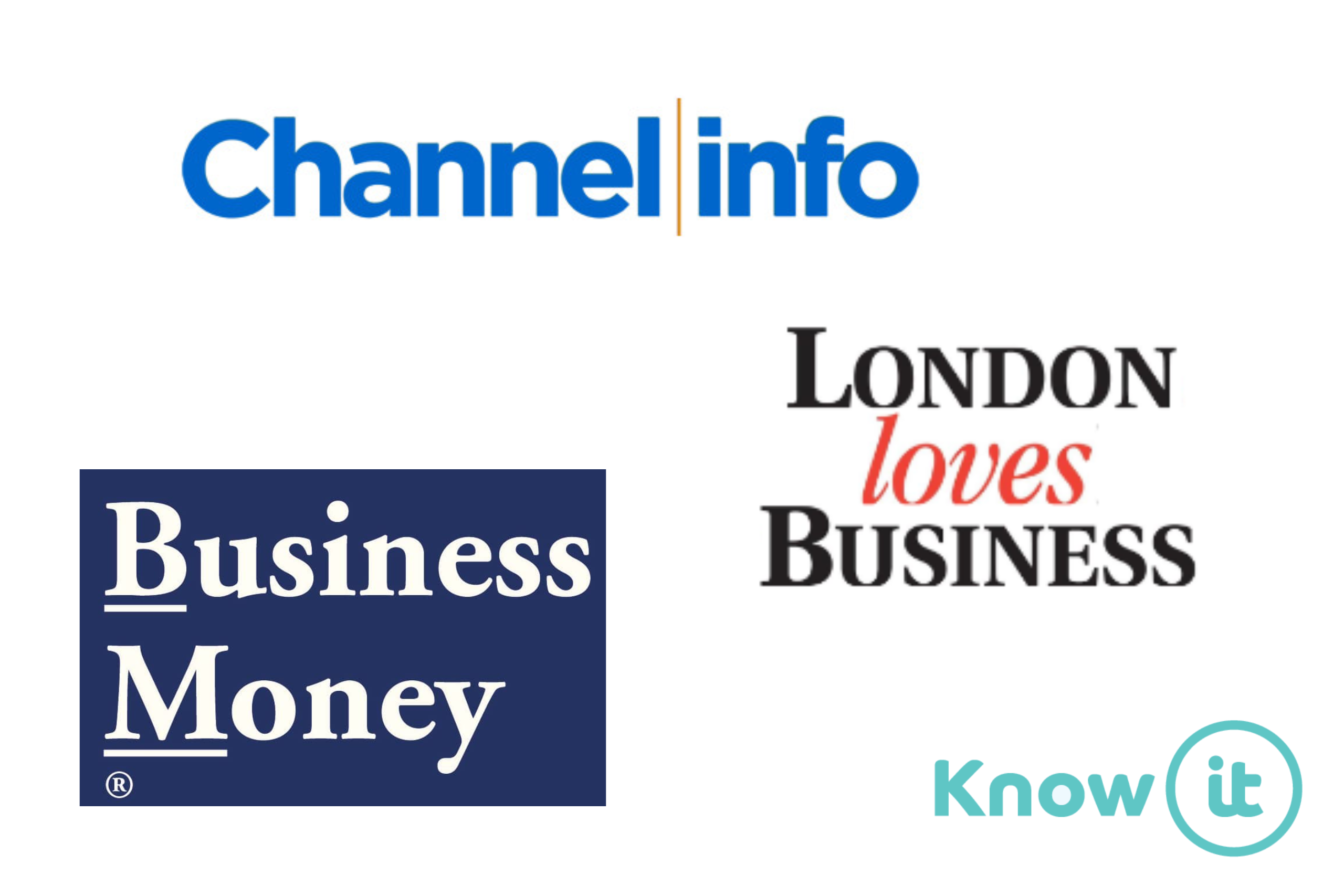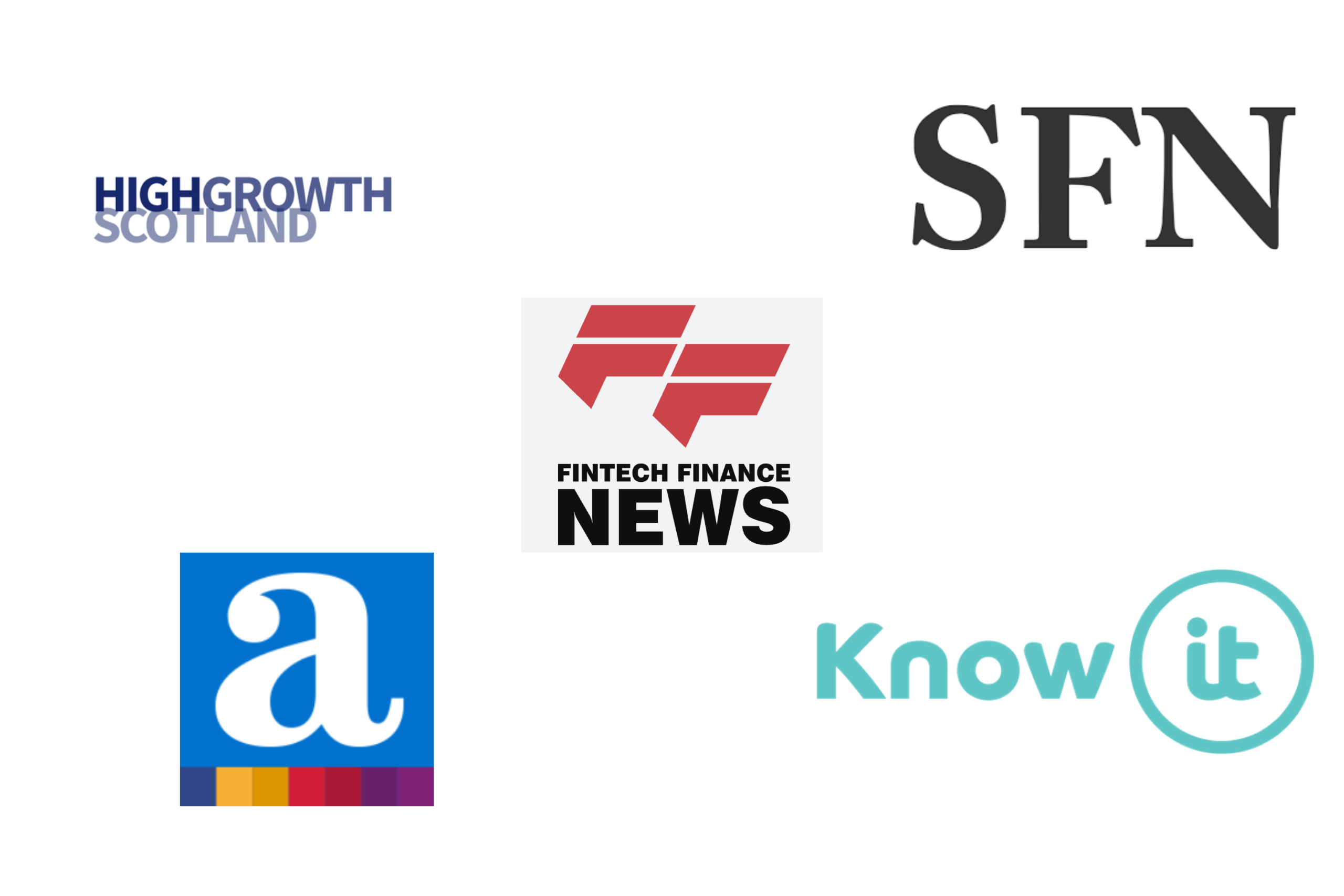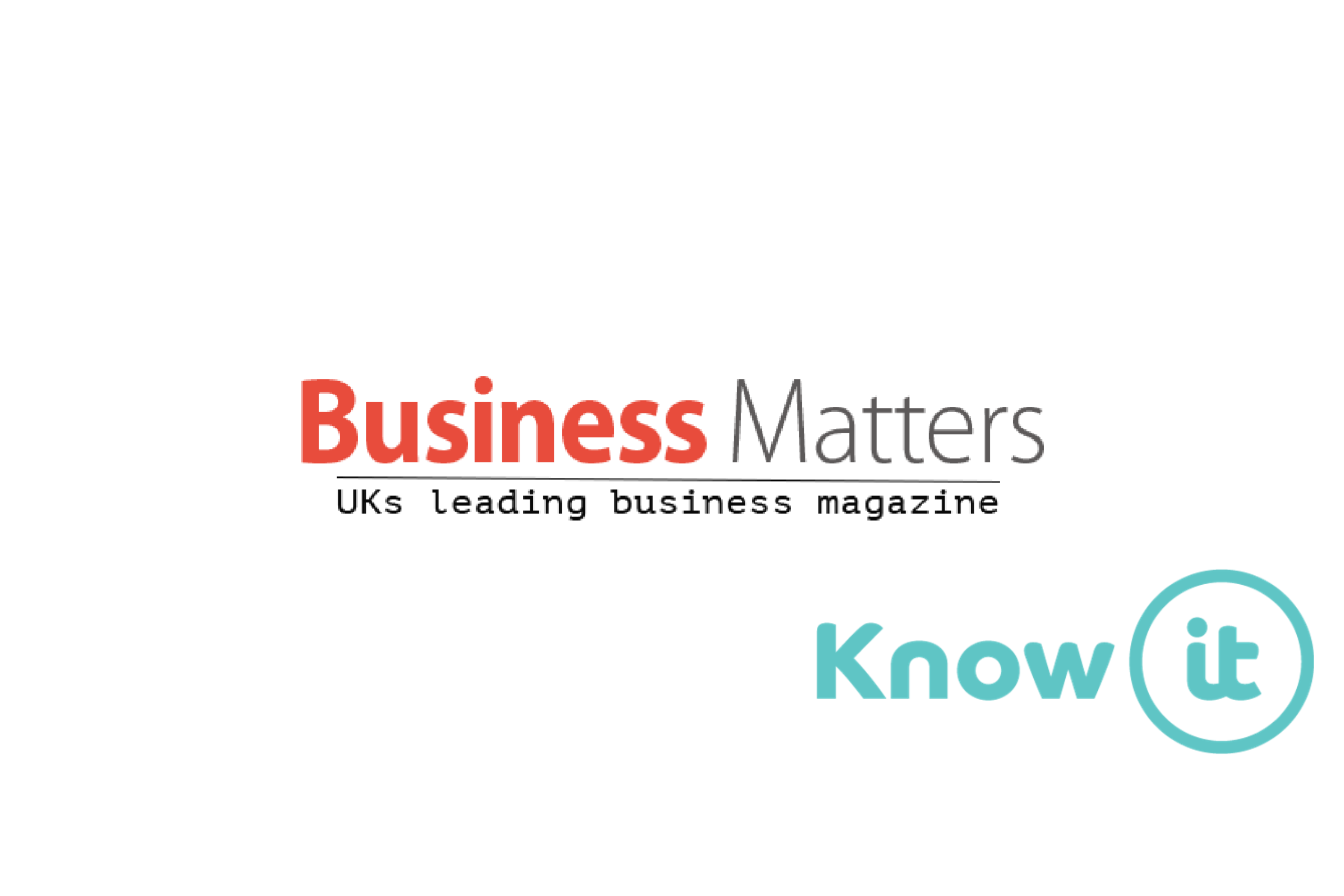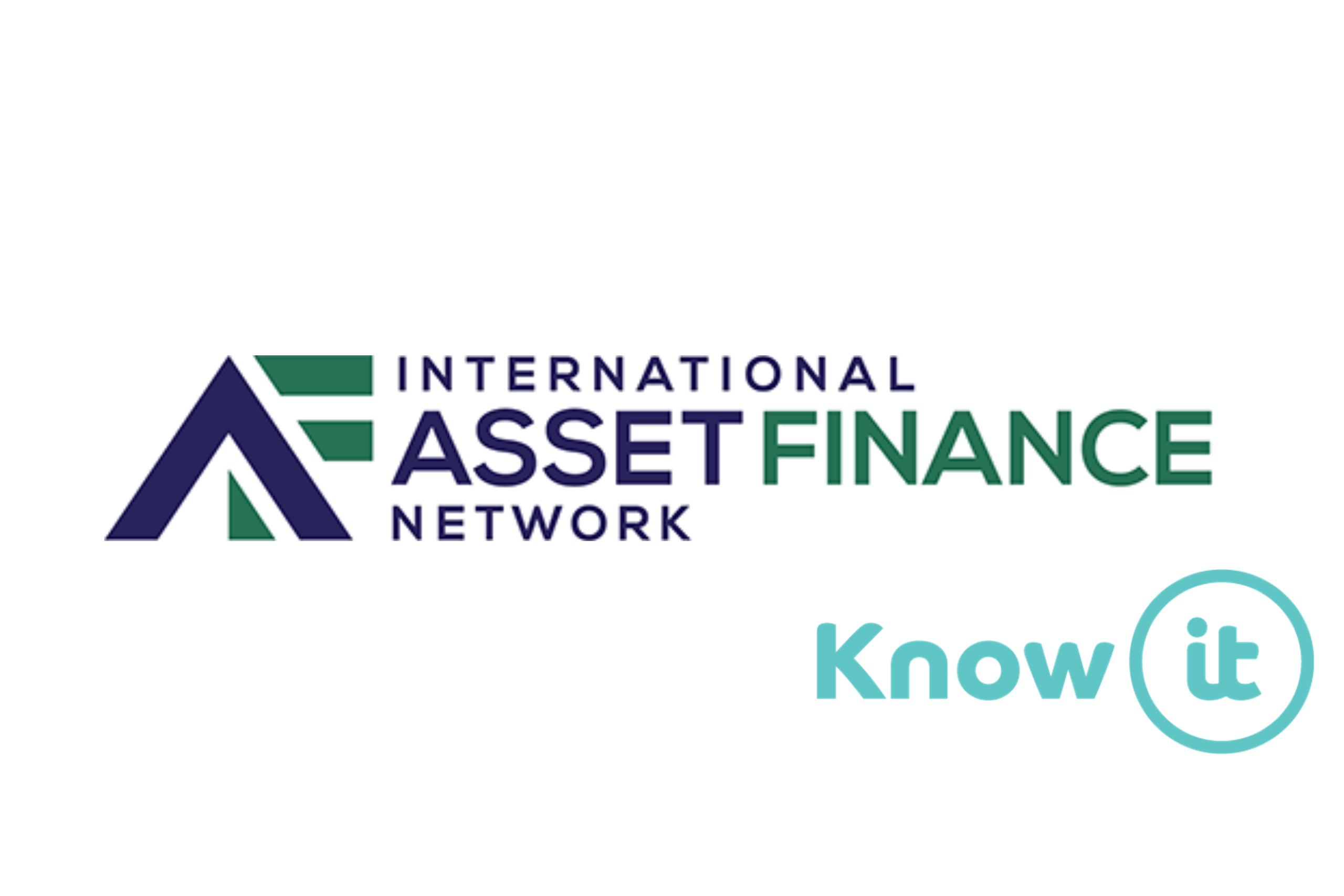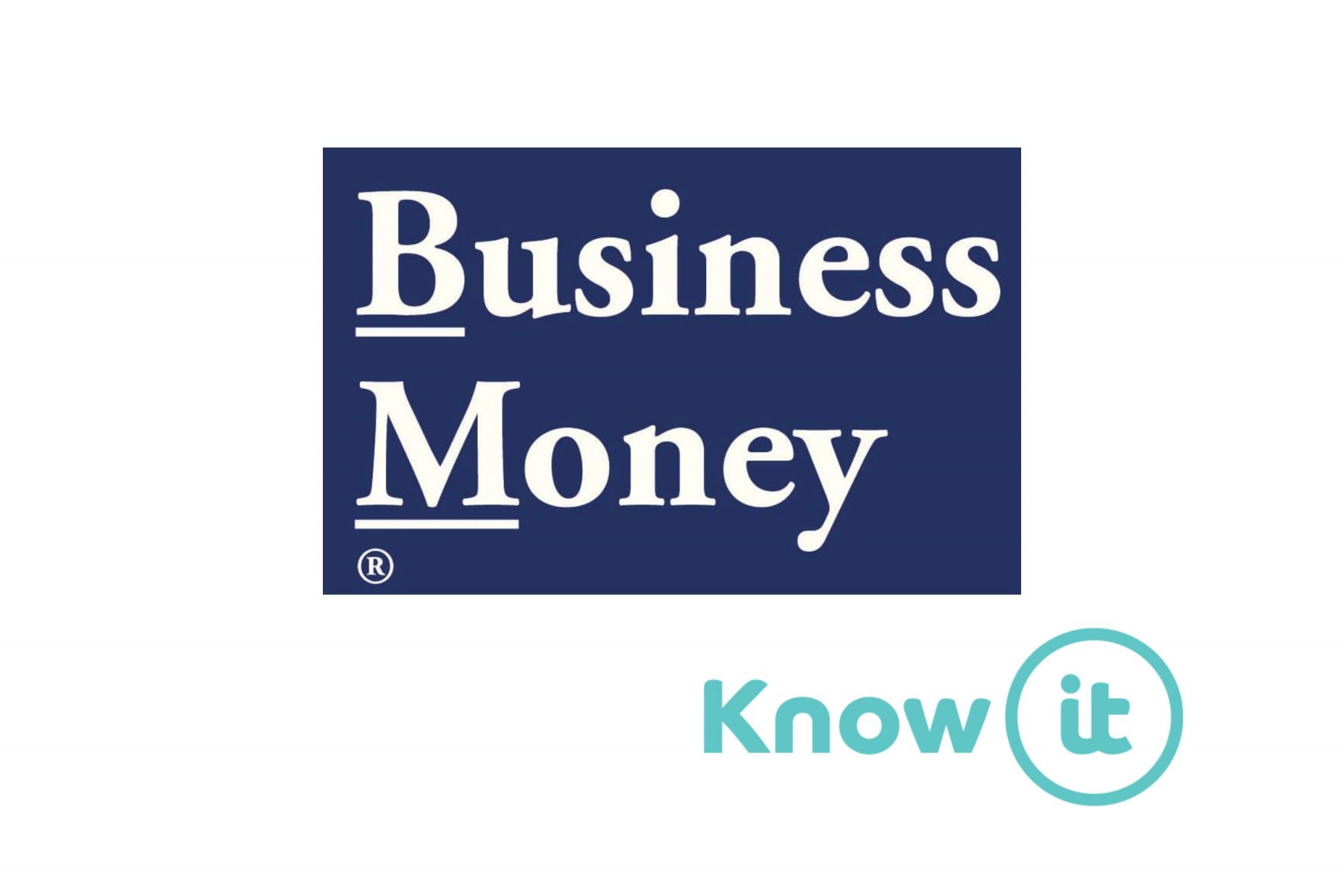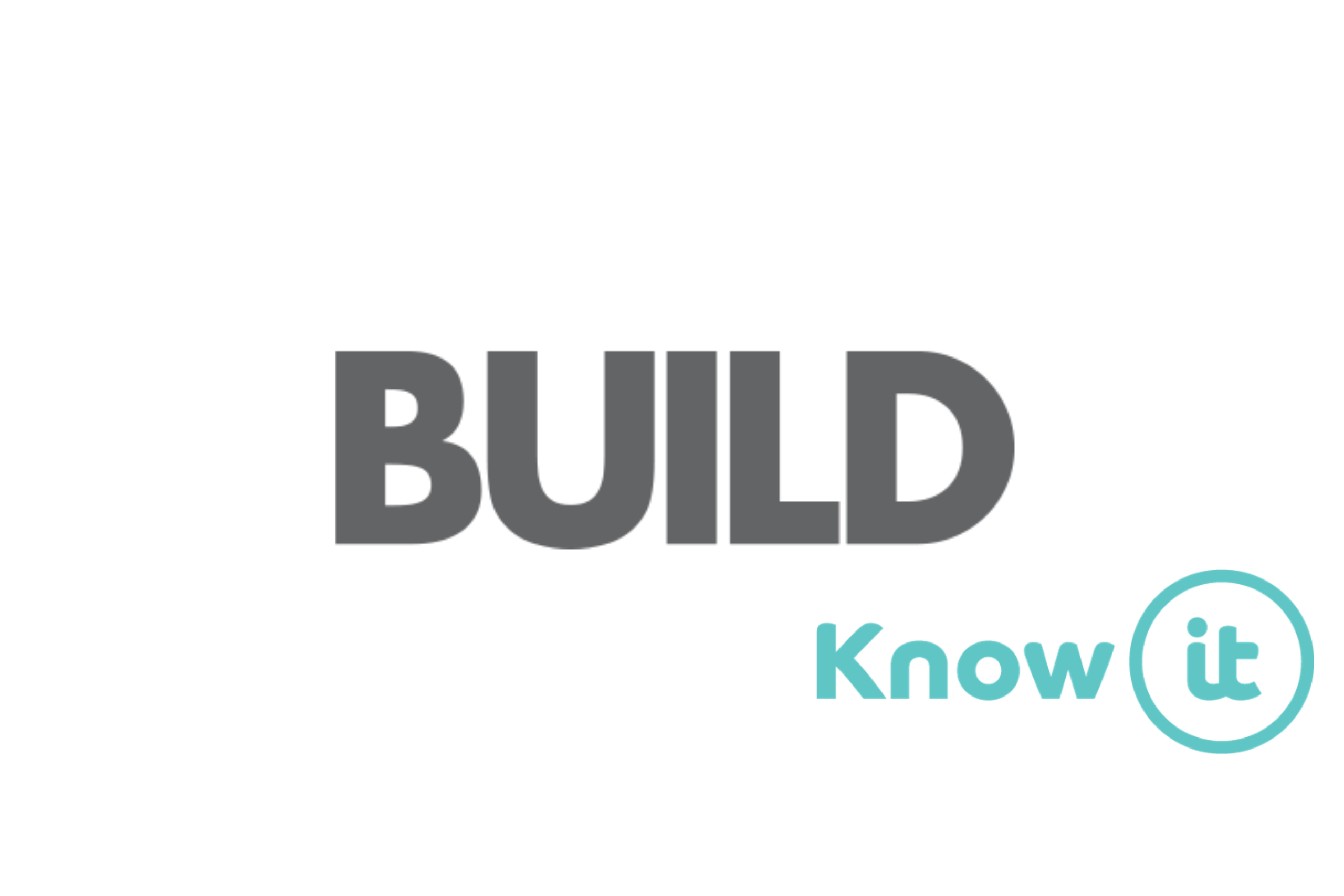How Can Fintech Offer Our SMEs A Fighting Chance?
Current fintech offerings can help SME survive.
In normal circumstances, life as a small and medium-sized enterprise (SME) is far from straight forward. Throw in a year-long global pandemic, crippling recession and three national lockdowns, even the most buoyant of SMEs will find themselves struggling for financial breath.
The UK government has so far, offered billions of pounds worth of support towards businesses throughout the pandemic. The most recent financial package arriving in the shape of ‘lockdown business grants’ said to be worth £4.6 billion and aims to support businesses hardest hit by the national lockdown through to the Spring.
So, is pumping money into Britain’s most vulnerable businesses the key to their long-term survival? A recent report from The Federation of Small Businesses (FSB), has found that 250,000 SMEs are currently on the brink of collapse. It goes without saying that government stimulus has been vital for many businesses to survive, although it is becoming more apparent that these vulnerable businesses require a more effective, long-term solution to their problems.
In recent years, technological advancements have made the latest fintech services more widely accessible to SMEs. Fintech can offer businesses a streamline and more robust approach to everyday processes, which leads on to providing greater levels of financial control for business owners. As fintech services become more widely available, we are likely to see more business owners utilizing its services to help navigate their SMEs through the current economic headwinds.
So, the question is, how can fintech support SMEs in 2021 and beyond?
The perfect storm
Times of economic downturn often leaves SMEs as the worst affected, principally due to their smaller equity cushions and heavy reliance on steady cash flow. For SMEs, the emphasis on maintaining a steady cash flow has been an uphill struggle over the past 10 months, especially those affected by frequent changes to lockdown measures which has seen business forced to close, often just weeks after re-opening their doors.
The pandemic is not the only threat facing SMEs right now, with an increasing late payment culture continuing to take its toll. Research from MarketFinance, found that most small business owners believe they will not survive 2021. Late payments, low savings, and poor cash flow being their main concerns – with the data showing almost half of the businesses surveyed are still waiting to be paid for work completed from the first national lockdown.
Compounding the above now means that a perfect storm of uncertainty has emerged: economic instability, national lockdowns and a growing culture of late payments. As government support will not last forever, SMEs are in need of a more long-term solution to help pull them into more prosperous times.
Calling on fintech
While it may seem obvious to fintech providers, from my point of view now is the ideal time for vulnerable SMEs to turn to financial technologies in order to survive the ongoing crisis. The reason for this is that, even to this day, many SMEs consider fintech and its sleek technological services out of their reach, which means that many small business owners are yet to benefit from efficient and automated fintech solutions now available to them.
SMEs that have leveraged insight from fintech and its success over recent years have been able to tap into a gold mine of innovation for themselves. The success of challenger banks and other, now arguably mainstream fintech apps arrived as no accident over recent years.
Why is this the case? For me, it is predominantly down to the fact that user-experience has been an integral cog of the fintech journey. A good example of this is challenger banks, such as Monzo, Starling or Revolut. Customers download an app, open an account and access all of the features they need in one convenient place. Prioritizing the customer-experience in a frictionless manner has massively contributed to challenger banks’ ability to onboard, retain customers and rival the traditional, banking heavyweights.
Another pull-factor for challenger banks has been the range of extra services they provide. Challenger bank customers have access to: spending pots, stock markets, credit score trackers and so on. By providing a variety of offerings via fintech, challenger bank customers are able to access a new dimension of experiences which were not on offer to many customers at traditional banks.
Offering additional services and capabilities are not exclusive to fintech services, but it is all part of the package. Customers nowadays, are drawn to new features which they believe will improve their experience, whether that’s through a challenger bank, or the latest accountancy software. SMEs which offer the latest fintech solutions will help ensure they stand out amongst the crowd in terms of offering customers a more personalized and digital experience.
From challenger banks to accounting platforms
In the context of SMEs and their current plight against Covid-19 and the growing culture of late payments, advancements made in fintech mean that they now have an affordable, readily available alternative to turn to outside external financial support.
A good example of this is accounting and credit management platforms. In the past, credit control has typically not been a top priority for SMEs, with it tending to sit a poor second behind sales – after all, sales mean income and income means cash flow. However, a sale is only a sale when the invoice has been settled and the money has been collected. But businesses often find themselves facing late payments, with an estimated 50,000 SMEs closing each year due to customers not paying on time.
This is compounded by the fact that smaller businesses often don’t have the resources to conduct background checks on customers or chase for payments, particularly when compared to larger businesses.
Fortunately, technological advancements have made putting an effective credit management solution in place more accessible and affordable. For example, intelligent credit control platforms can help SMEs credit check and monitor, chase for payment and collect overdue unpaid invoices, all from one place. These platforms can work alongside credit controllers allowing small businesses to synchronize their sales and purchase ledger and connect with their accountancy apps. This allows them to easily see a summarized picture of their credit risk, giving them the insight needed to address any issues before they turn fatal.Advertisement
For a small business owner, taking advantage of these new technologies and remove the headache of manual processing can not only help save precious time and resources, but it can also reduce debtor days and increase cash flow, which is vital at a time when purse strings are getting tighter.
Building a brighter future
Throughout the pandemic we have learned that, with the help of technology, we can do things electronically and more efficiently than ever before. There is no doubt that fintech fits this description and will provide a boost to those struggling SMEs that grasp it. However, this is only possible if business owners recognize that fintech is not the big corporate beast it once was – there are affordable solutions out there that are ready and waiting to support them through the pandemic and beyond.
This article was originally published by ITProPortal.





















